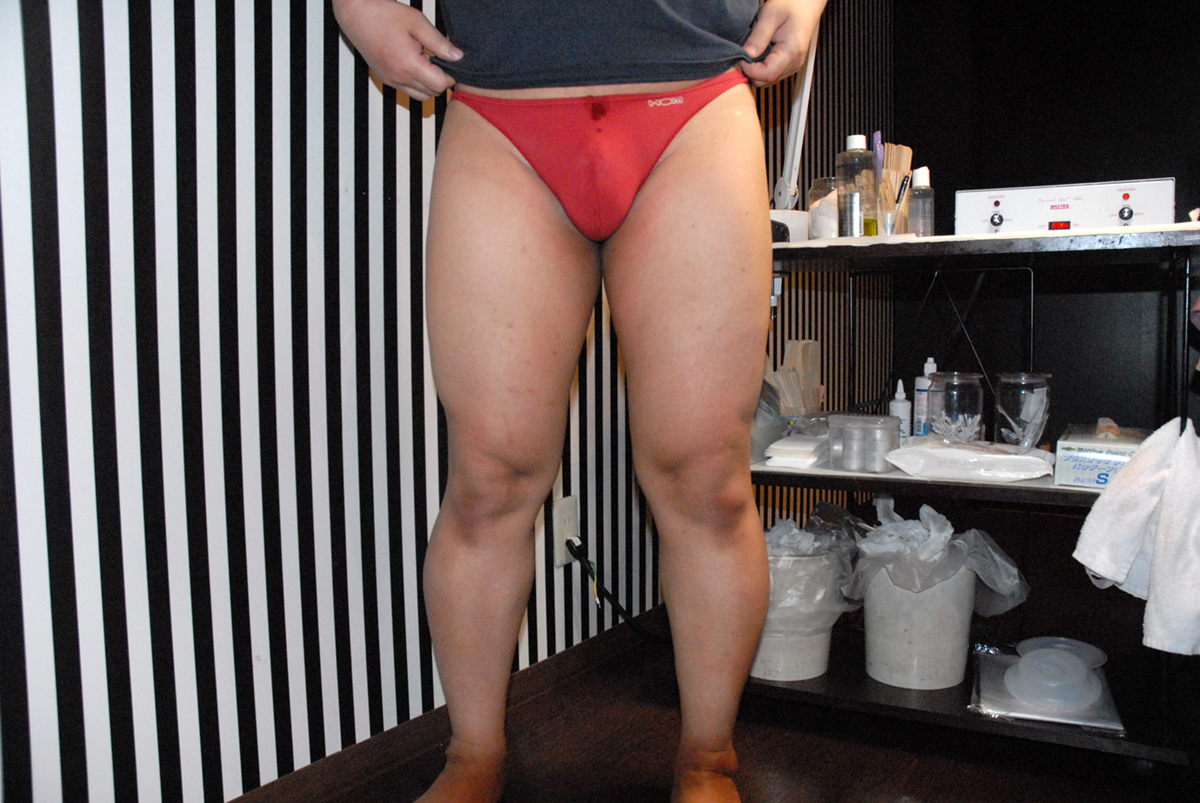
Fluid Retention - Overview
Fluid retention is a term that refers to improper elimination of fluid from the body and its accumulation in certain body parts. In majority of cases fluid retention leads to swelling of the feet, ankles and lower legs. Fluid retention develops as a consequence of improper drainage of the lymph from the affected parts of the body. Normally the excess of lymph is drained via many lymphatic vessels. This drainage is assisted with contraction of muscles that surround the lymph vessels. However, if these muscles are weak or not used enough fluid tends to accumulate and lead to edema. In some cases fluid retention is caused by improper elimination of the lymph due to compression or obstruction of lymph vessels.
There are certain physiological states which are accompanied by fluid retention. Still, in many cases fluid retention is associated with certain medical conditions.
Causes of Fluid Retention in Legs
In case of fluid retention in legs a patient complains about swelling of the feet, ankles and lower legs. The affected areas may be warm or cold to touch and the skin can change its color and become either red or pale. In some cases the condition is painful.
Fluid retention is a frequent consequence of immobility. Any kind of movements such as walking, running etc. leads to the contraction of leg muscles which effectively promotes the flow of the lymph. In case of immobility muscles are not used properly. Therefore the lymph is not eliminated adequately and it tends to accumulate in lower parts of the body.
Pregnancy is a physiological state which typically features with certain degree of fluid retention. Fluid retention in legs is typical for the third trimester. It develops as a consequence of compression of the lymphatic vessels and the veins in the pelvis by the enlarged uterus. One more contributor to fluid retention in legs during pregnancy is increased fluid volume.
Heat is another cause of fluid retention in legs. Namely, high temperatures cause dilatation of blood vessels and leakage of the body fluids into the surrounding tissues. This leakage may cause fluid retention in legs.
And finally, there are several medical conditions that are associated with fluid retention in legs. They include heart failure, kidney disease, liver failure etc. In heart failure the heart is simply not capable of pumping the blood which consequently leads to fluid retention in body tissues. Improper functioning of the kidneys does not allow proper elimination of certain substances such as sodium and damage to membranes in the kidneys responsible for preservation of proteins allow excessive elimination of proteins. Excess of sodium and lack of proteins commonly leads to swelling which may be general or affect only certain parts of the body such as legs.

















Your thoughts on this
Loading...